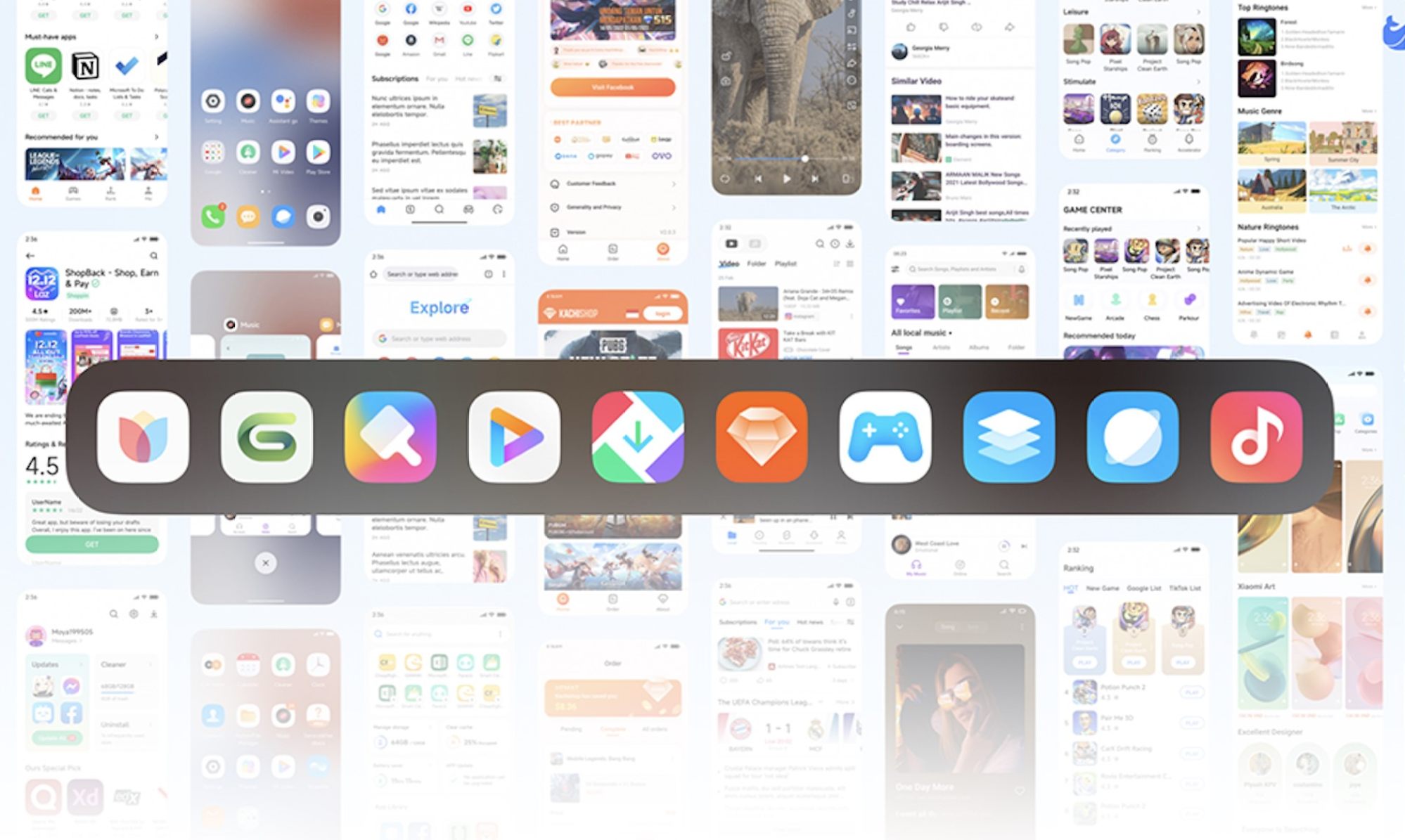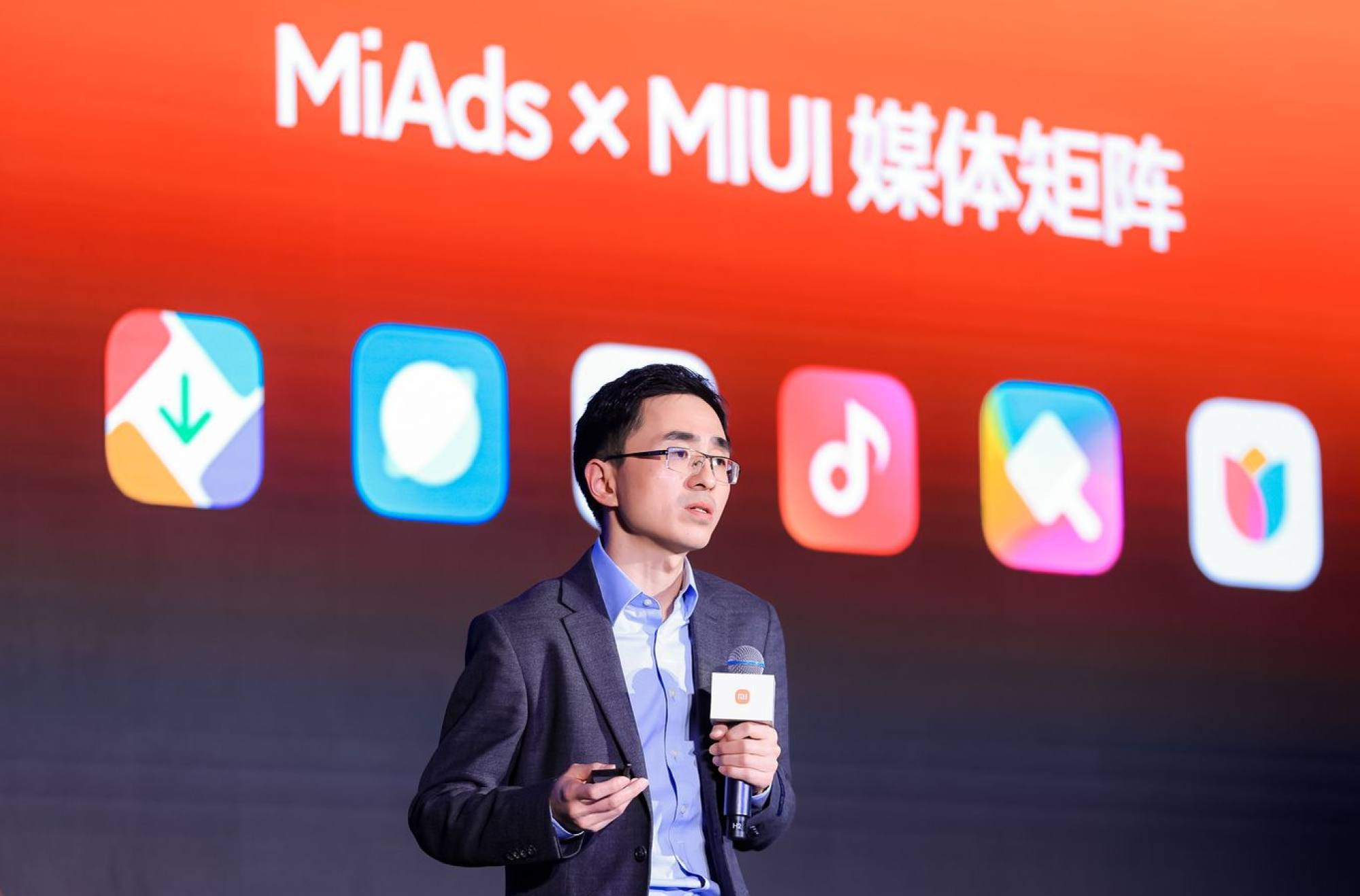As the number of Internet users continues to grow, a smartphone manufacturer wants to optimize its core Internet business to improve user experience. There are currently an estimated 5.3 billion Internet users worldwide—two-thirds of the world’s population. In Europe and North America, online penetration averages over 90%, up from 70% in 2010, according to the World Bank.
As this market develops rapidly, the demand for online services continues to grow. This has proven to be a key growth area for consumer electronics maker Xiaomi.
With its customizable operating system MIUI (which is being upgraded to HyperOS for the global market and currently has more than 623 million monthly active users), Xiaomi is well-prepared to support its customers through advertising, payments, app and game distribution, and content integration.

“We have built a global Internet service ecosystem and extended it to users and developers through diversified services to various devices and markets,” Liu Can, general manager of Xiaomi’s Internet Division, said at the 2024 Xiaomi Internet Partner Conference in Beijing. “This ecosystem not only provides users with an excellent experience, but also helps developers grow, forming a virtuous cycle of continuous growth and mutual support.” She added that in the future, Xiaomi will continue to develop together with global partners to benefit all parties. .
In 2023, Xiaomi’s Internet service revenue hit a record high, and the number of monthly active users of MIUI in mainland China and around the world hit a record high. The company has increased its efforts in overseas markets, and in the third quarter of 2023, overseas markets contributed 30% of its total Internet service revenue.
The company has ambitious plans for its internet services ecosystem, which it says will enhance three core service areas critical to its global expansion plans: application and game distribution, content integration services, and user growth and customer success.
A key area of this ecosystem is the global IAP game intermodal operation, which is mainly targeted at the game distribution field and helps developers acquire users at the lowest cost and increase revenue. This leverages the capabilities of Xiaomi’s official app store, GetApps, which has a monthly active user base of over 260 million from over 100 markets around the world, as a platform to drive mobile user growth.

The company said GetApps is an ideal platform to drive mobile gaming user growth. Flexion was GetApps’ most successful game publisher last year, cooperating with Xiaomi to publish 19 games, including Monopoly! and Tank Blitz.
With the support of the operations team, GetApps conducts promotional activities for these games, including app recommendations, traffic exposure, and payment discount benefits.
therefore, Monopoly! The average monthly revenue of the GetApps platform has grown steadily, and the average number of monthly active users and daily active users has increased steadily. tank blitz That’s an increase of two and a half times compared to the initial launch period. According to Xiaomi, average daily transaction volume has tripled and continues to rise.
To complete its suite of mobile gaming services, Xiaomi also provides payment infrastructure covering 400 channels in 100 markets. This enables seamless in-game transactions – a key source of revenue for game developers.The company’s advertising services are also paying dividends: when multiplayer online games Mobile Legends: Bang Bang In partnership with Xiaomi, digital advertising on GetApps helped increase new installs 10x in 2023.
The company works with industry partners, with GetApps at its core, to help brands and app developers reach their target audiences and scale user growth. “Working with Xiaomi’s international Internet business development team is not only to gain access to one of the largest user bases in the world, but also to gain the right user insights that are important to our customers,” said co-founder and CEO Robert Robert Wildner said. CEO of Avow, a German global app company that partners with Xiaomi.
As part of its growth strategy to leverage smartphone capabilities, Xiaomi has launched Instant Web, the latest addition to its content services ecosystem that includes features such as a web browser, video player and game center. Instant Web is a proprietary web acceleration framework; according to Xiaomi, it can speed up web page loading by up to eight times.
Research from Portent, an American comprehensive digital marketing agency, shows that for every extra second it takes to load a web page, conversion rates will drop significantly. With this in mind, Xiaomi hopes that instant network speeds will be indispensable for e-commerce stores and online retailers.
The company also launched the Columbus Monetization Platform, which enables developers to better monetize the traffic they receive on their apps. This is achieved by providing advertisers with a range of budgeting options and real-time bidding. With this flexibility, developers can maximize the business value of their user base and earn more revenue by placing ads on their apps.

All these products are designed to play a key role in the expansion of Xiaomi’s Internet services business. The company is committed to a collaborative approach, as reflected in its 2024 international Internet partner strategy titled “Grow with Xiaomi.”
“Our continued growth depends on our joint efforts to continuously create value for all participants in Xiaomi’s Internet services ecosystem, including our users, partners and suppliers,” Chen said.
With the advantage of producing its own smartphones, Xiaomi can directly solve the pain points of advertisers. In this way, the company believes its goals are complementary to those of partners and customers looking to reach wider audiences, better position their products, and reduce operating costs.
Xiaomi has also chosen a developer-friendly revenue sharing policy, emphasizing the concept of mutual growth. “Strengthening cooperation with new and old partners and sharing success in global markets will enhance the way mobile, internet and digital technologies serve our society and everyone,” Chen said.